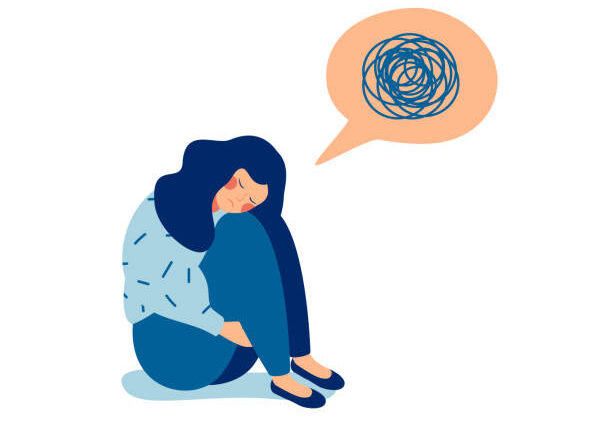Depression is a common mental health condition that affects millions of people worldwide. It is characterized by feelings of sadness, hopelessness, and a loss of interest in activities that were once enjoyable. While depression can be a difficult condition to deal with, there are steps that individuals can take to manage their symptoms and improve their overall quality of life.
1. Seek Professional Help
The first step in dealing with depression is to seek professional help. This can include seeing a therapist or psychiatrist, who can provide guidance and support in managing symptoms of depression. They may also recommend medication, such as antidepressants, to help manage symptoms. Ketamine IV therapy has also emerged as a safe and effective alternative treatment option for depression, providing rapid relief from symptoms of depression.
2. Build a Support Network
Having a support network of family and friends can be a valuable asset when dealing with depression. Talking to someone you trust about your feelings and experiences can provide comfort and support during difficult times. Consider joining a support group, where you can connect with others who are dealing with similar struggles.
3. Practice Self-Care
Practicing self-care can help improve your overall mood and well-being. This can include exercise, eating a healthy diet, getting enough sleep, and engaging in activities that you enjoy. Self-care can also include mindfulness practices such as meditation and yoga, which can help reduce stress and improve mental health.
4. Manage Stress
Stress can exacerbate symptoms of depression, so it is important to manage stress levels as much as possible. This can include prioritizing self-care activities, learning relaxation techniques such as deep breathing or progressive muscle relaxation, and setting realistic goals and expectations for yourself.
5. Challenge Negative Thoughts
Depression often involves negative thoughts and beliefs about oneself, the world, and the future. It can be helpful to challenge these thoughts and replace them with more positive and realistic ones. For example, if you find yourself thinking “I’m a failure,” challenge that thought by asking yourself, “What evidence is there that I’m a failure? Are there times when I have succeeded?”
6. Stay Engaged
While it may be tempting to withdraw and isolate oneself when experiencing depression, staying engaged with friends, family, and activities can help improve mood and overall well-being. Consider volunteering, joining a club or organization, or taking a class to stay engaged and connected with others.
7. Set Realistic Goals
Depression can make it difficult to set and achieve goals, but setting realistic goals can help provide a sense of accomplishment and improve self-esteem. Start with small goals, such as getting out of bed and taking a shower each day, and gradually work up to larger goals, such as finding a new job or going back to school.
In conclusion, dealing with depression can be a challenging and difficult journey, but it is important to remember that there are steps you can take to manage symptoms and improve your overall quality of life. Seeking professional help, building a support network, practicing self-care, managing stress, challenging negative thoughts, staying engaged, and setting realistic goals are all important strategies for coping with depression. At Emerge Ketamine, our team of medical professionals is dedicated to providing the highest quality of care to our patients struggling with depression. Contact us today to learn more about how ketamine IV therapy can help you in your journey towards recovery.

